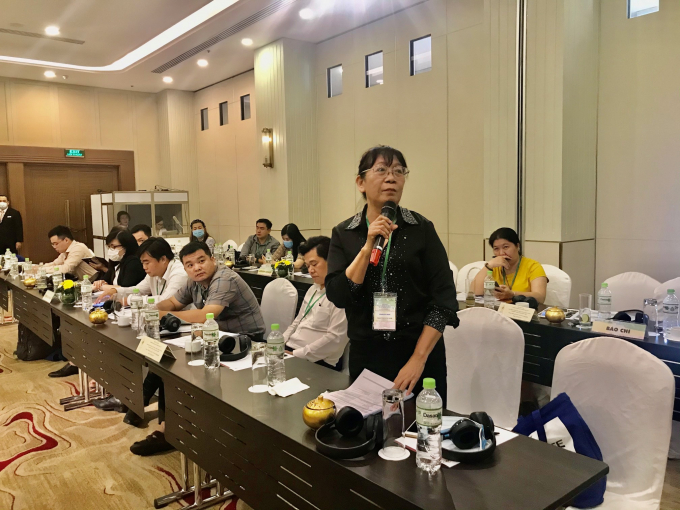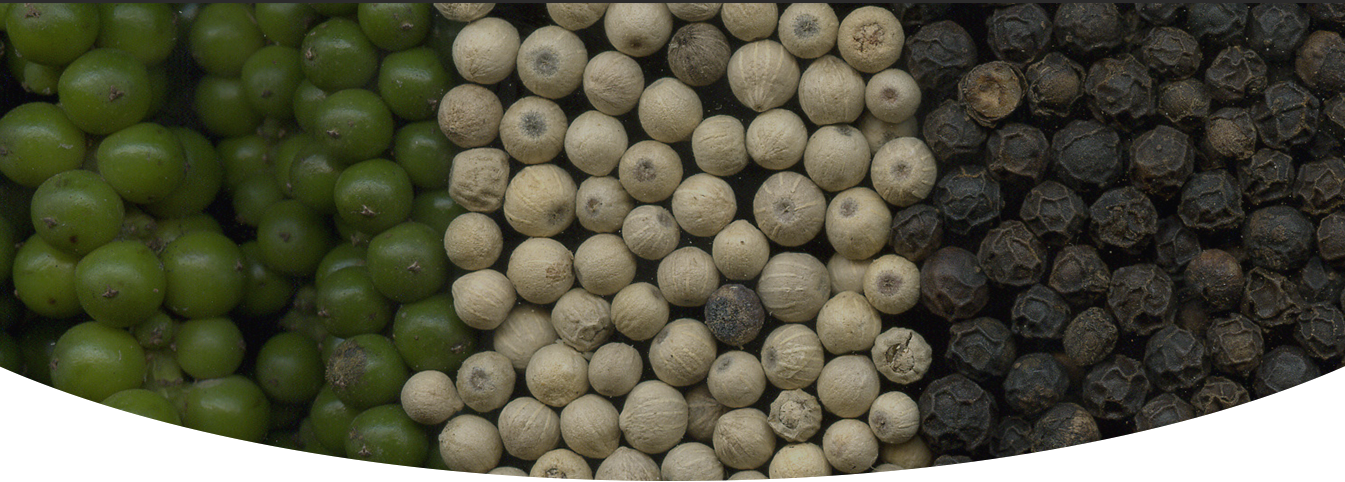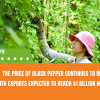On March 25, Mekong Institute (MI) organized an online forum, part of a series of activities under the PROSAFE Project with the theme: “Food safety for market access: increasing international demand for food products. with Vietnamese agricultural products” as a starting point to expand the scale of Vietnam’s agricultural export industry based on lessons learned during the pandemic.

The forum attracted 50 representatives of organizations, small and medium enterprises of the private and public sectors from provinces and cities such as Ben Tre, Long An, Binh Duong, and Ho Chi Minh City.
Ms. Ratna Devi Nadarajian, an expert from the Agricultural Commercialization Development Department (ADC), Mekong Institute shared, facing the difficulties and challenges of climate change, the COVID-19 pandemic has spread globally throughout the year. Over the years, Vietnam is still one of the centers for applying technological advances to agricultural production, implementing food safety production policies (food safety) to ensure sustainable production.
Over the past time, Vietnam has successfully controlled food safety as well as rationally reformed policies to create an environment for businesses to do business. This is the motivation for MI to continue organizing programs to improve human capacity, increase added value so that crops can be sold at higher prices, agricultural production is more and more sustainable.
According to MSc Nguyen Duc Binh, director of the Small and Medium Enterprises Support Center (SMEPC) – Vietnam Chamber of Commerce and Industry (VCCI-HCMC), by 2020, Vietnam has more than 900,000 enterprises. In which, there are more than 26,000 newly established cooperatives. More than 90% of the agricultural product industry in Vietnam and the Greater Mekong Sub-region are micro, small and medium enterprises (MSMEs). But overall in 2020, the agricultural industry grew at 2.68%, 2.01% higher than 2019’s. The total import-export value of agriculture, forestry and fishery products in 2020 will reach $41.36 billion, up 2.9%.
Dr. Dinh Viet Tu, Deputy Director of the Sub-Department of Agricultural Product Processing and Market Development Region 1 (Agrotrade), emphasized that small and medium-sized enterprises play an important role in economic growth, but they are limited technological, financial and human resources required to access foreign markets, especially for agricultural products.
Mr. Tu also emphasized some basic issues of Vietnamese agricultural products that need to be improved to expand access to international markets such as ensuring food safety, traceability; building brands, diversifying products; increasing investment in technology after harvest, ensuring product quality when transporting…
In addition, trading in agricultural products is regulated by sanitary and phytosanitary (SPS) standards and requirements. Agri-food trade stakeholders, both public and private, need to strengthen their SPS capacity to support each other to increase revenue from agro-trade. Agribusinesses need to know how to accommodate multiple non-tariff measures (NTMs) when seeking to access international markets because SPS is a form of NTM.
Furthermore, the COVID-19 pandemic has disrupted the supply of agricultural products to markets and consumers, both at home and abroad. As a result, small and medium agri-food businesses need to rethink their sourcing strategies, streamline product ranges, and assess the resilience of their supply chains and distribution channels to access existing and new markets in the current “new normal”.
Talking about this, after introducing e-business channels, Ms. Nguyen Thi Minh Thuy, director of the Center for Trade Promotion IT Applications (INTEC), Vietnam Trade Promotion Agency (VietTrade), emphasized, In the past, the center has organized courses to provide technical support and other necessary support on trade promotion and export development for businesses, especially giving priority to SMEs and extreme enterprises. small with many preferential policies.











